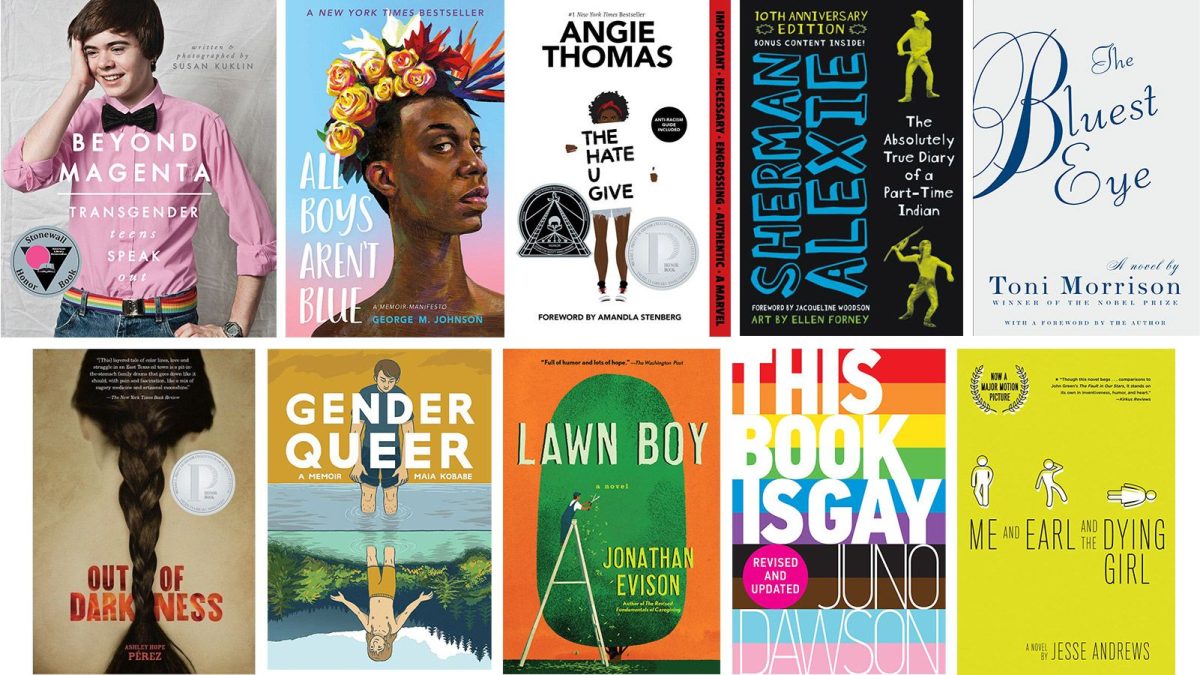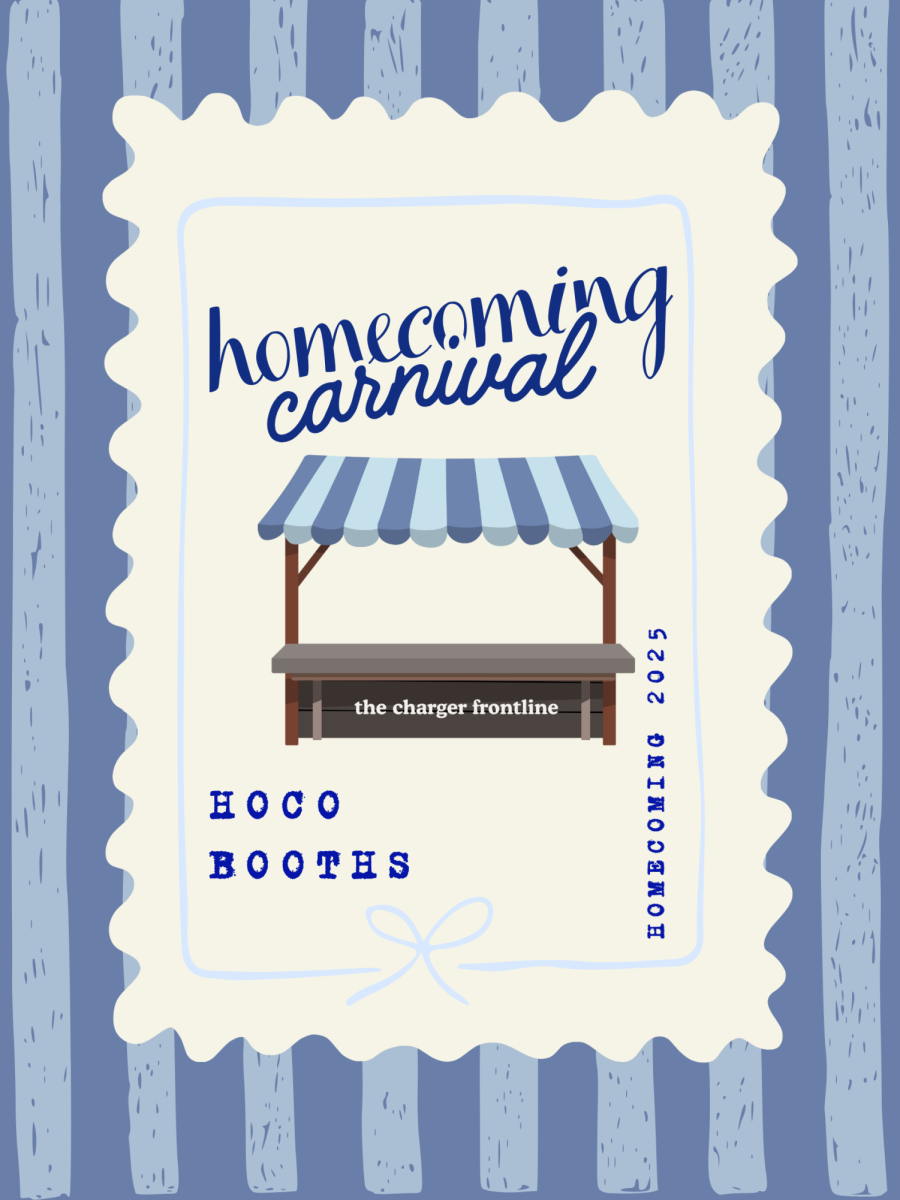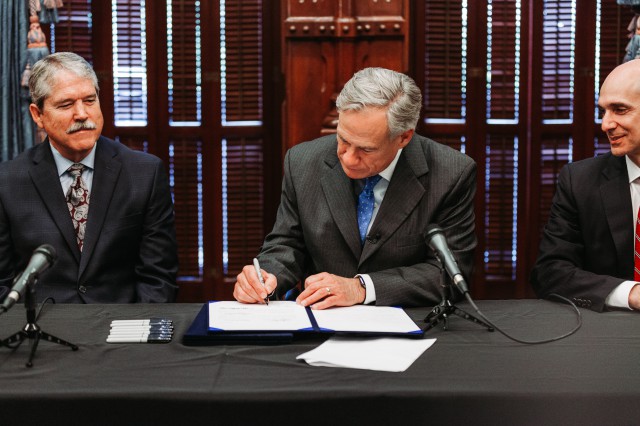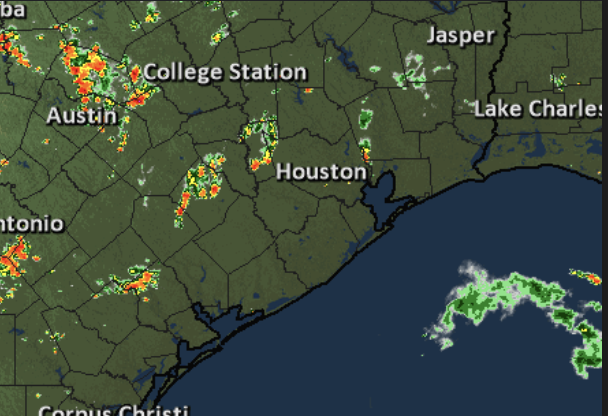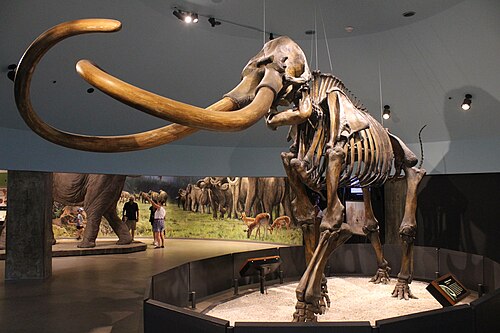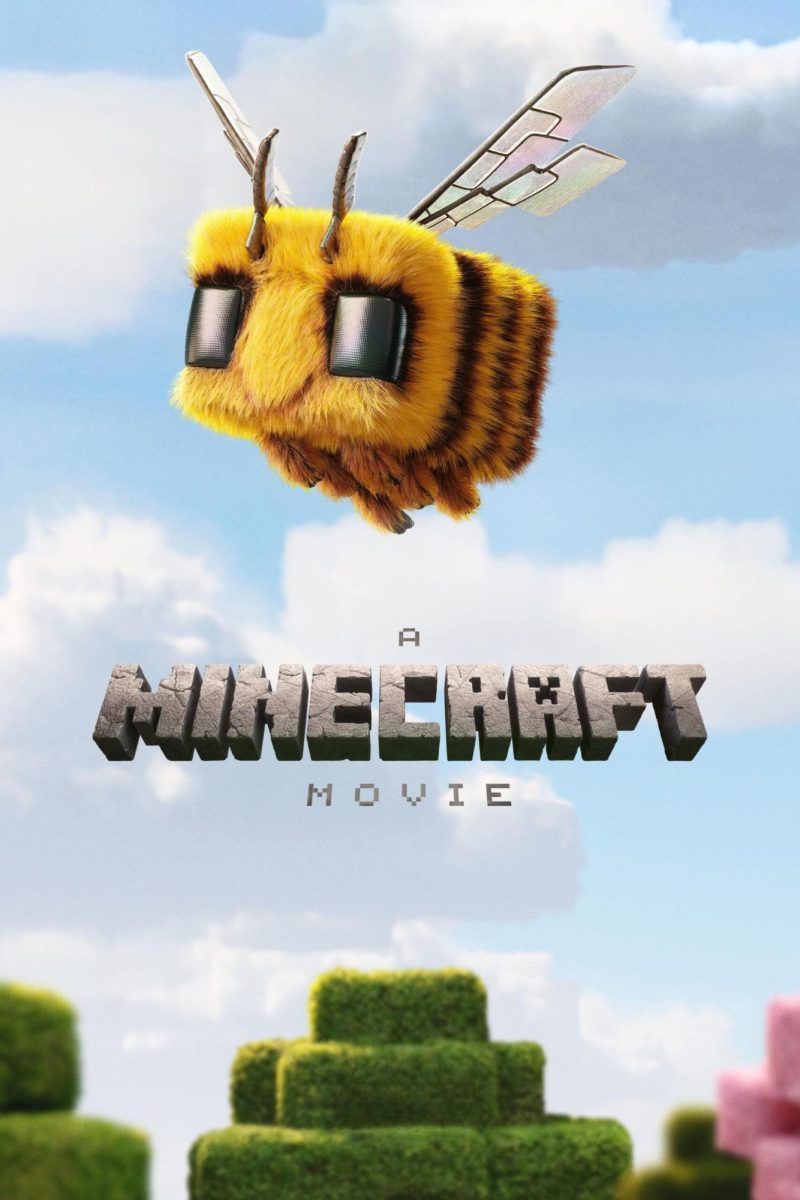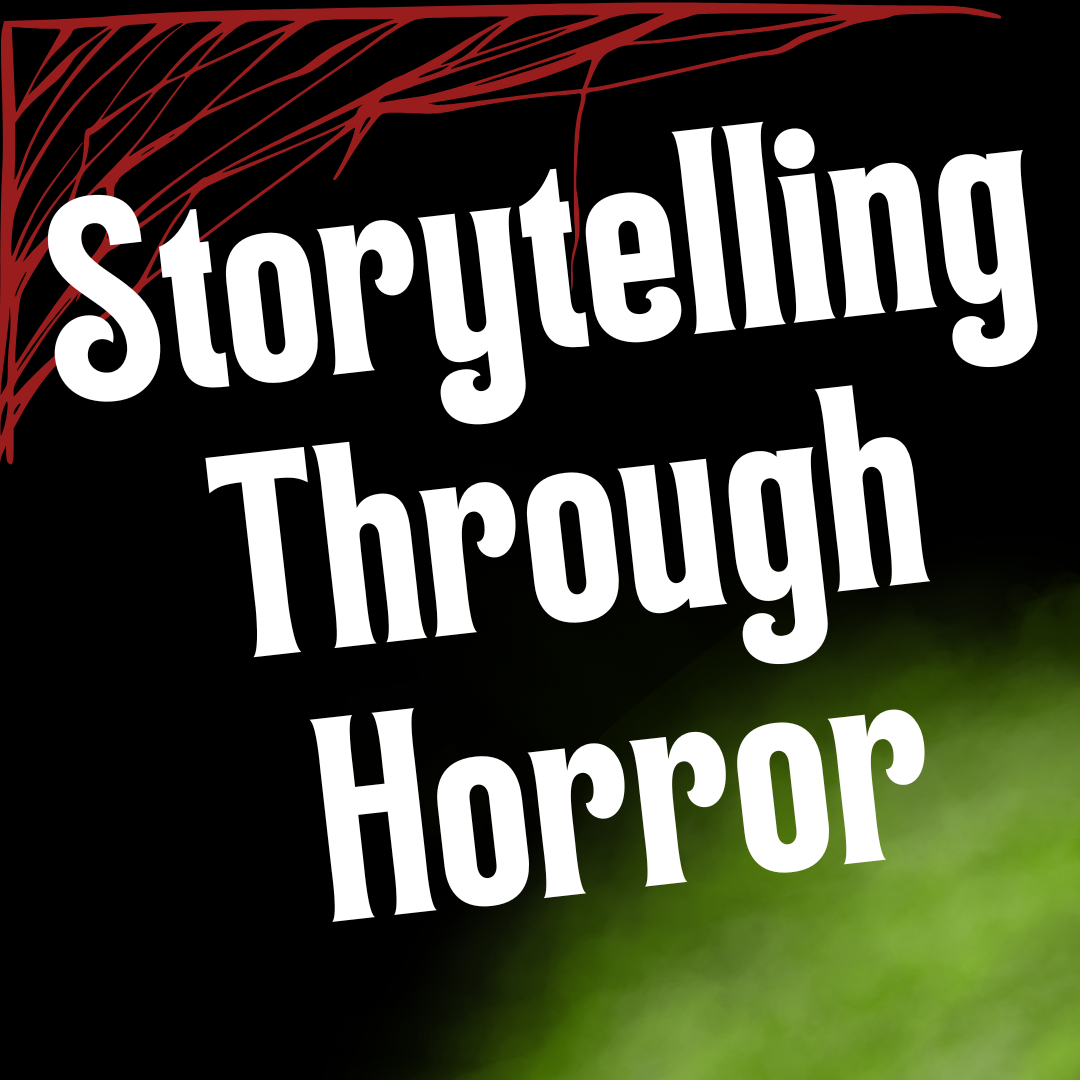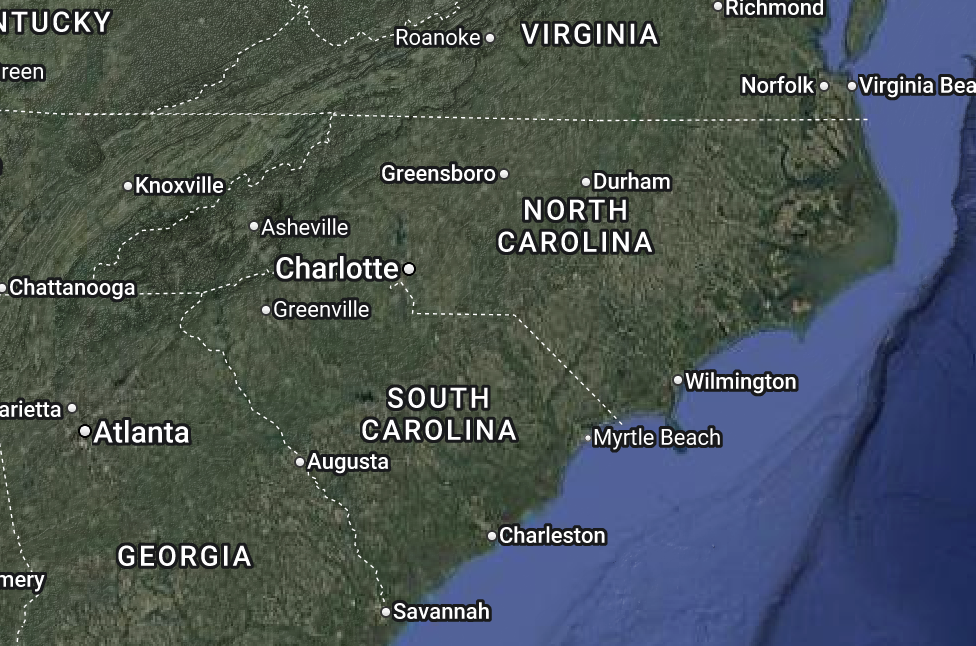Everything’s bigger in Texas, including our commitment to banning books. While Florida’s more often in the headlines, their 566 banned books pale in comparison to our 801. This number doesn’t mean that the state has banned 801 different titles, but it includes books that have been banned in more than one place.
According to the PEN America nonprofit, the most banned titles include themes of gender, sexuality, race and political violence. Also banned are classics like “Perks of Being a Wallflower”, Anne Frank’s “Diary of a Young Girl”, acclaimed titles such as “They Called Themselves The KKK: The Birth of an American Terrorist Group”, and even DC graphic novels like “V for Vendetta.” The bans aren’t isolated in schools either.
Public libraries like the Llano County Library are struggling to keep books on the shelves, with parents either checking out and hiding books, rendering them inaccessible or filing formal complaints to get them off shelves.
Bonnie Wallace leads the charge in Llano reading through and notating material she considers inappropriate. She is also one of the defendants of a lawsuit to determine whether books will be allowed to stay on the shelves. And that’s not the only lawsuit filed on the topic.
Two bookstores, BookPeople in Austin and Blue Willow Bookshop in Houston are suing the state of Texas over a recent law requiring book vendors to individually rate books on the sexual content to sell to public schools. The American Booksellers’ Association, the Association of American Publishers, the Authors Guild, and the Comic Book Legal Defense Fund have joined the charge.
While the law may sound reasonable, the prosecution argues that what’s being asked is impossible and will lead to the death of many bookstores, especially small local shops, which aren’t equipped to do the job. They also claim that the definition of “sexually explicit,” a category of books which cannot be in Texas public schools, is too vague to properly implement.
While the issue is battled out in Texas’ federal court, some students have begun taking matters into their own hands. Banned book clubs are created the midst of the worst censorship as a form of protest. An Austin high schooler, Ella Scott, formed a club that grew from three members to thirty. In 2022 the African American Policy Forum partnered with the Transformative Justice Coalition to launch the Books Unbanned tour supplying thousands of banned books from Minneapolis to Jacksonville, and the AAPF continues to speak out against the practice.
Though the bans are still escalating, as evidenced by the American Library Association’s findings that 92% of complaints seek to ban more than one book at a time, plenty have fought against it with equal determination.


